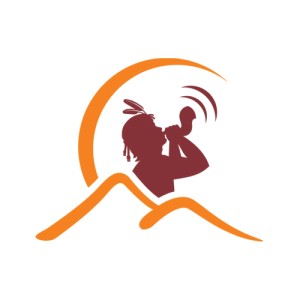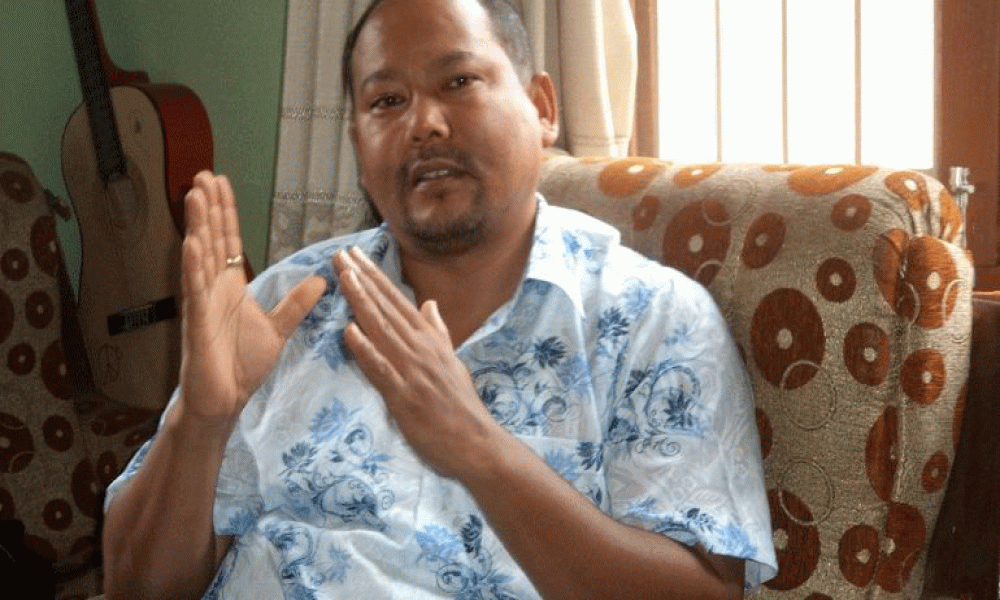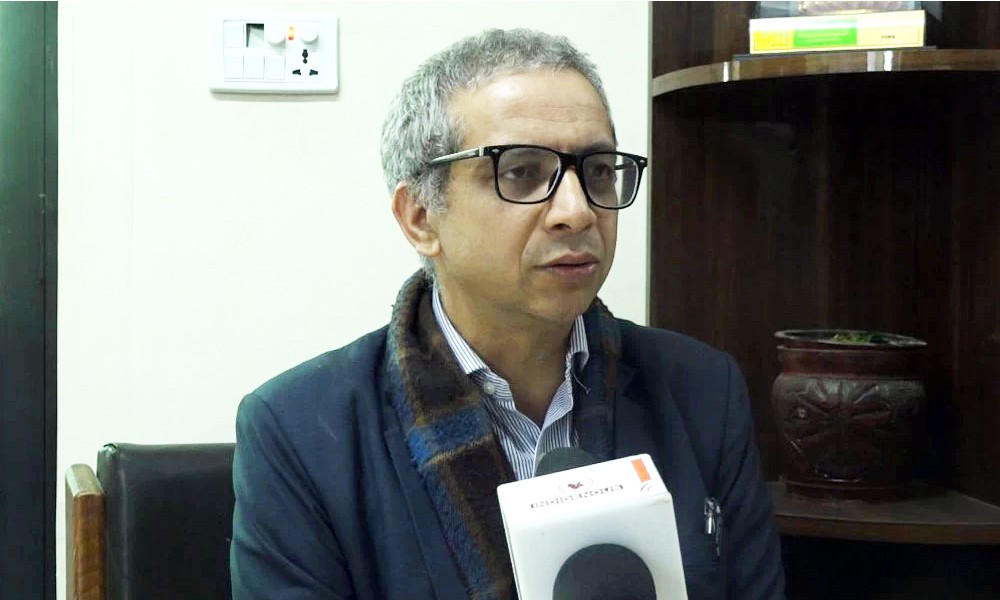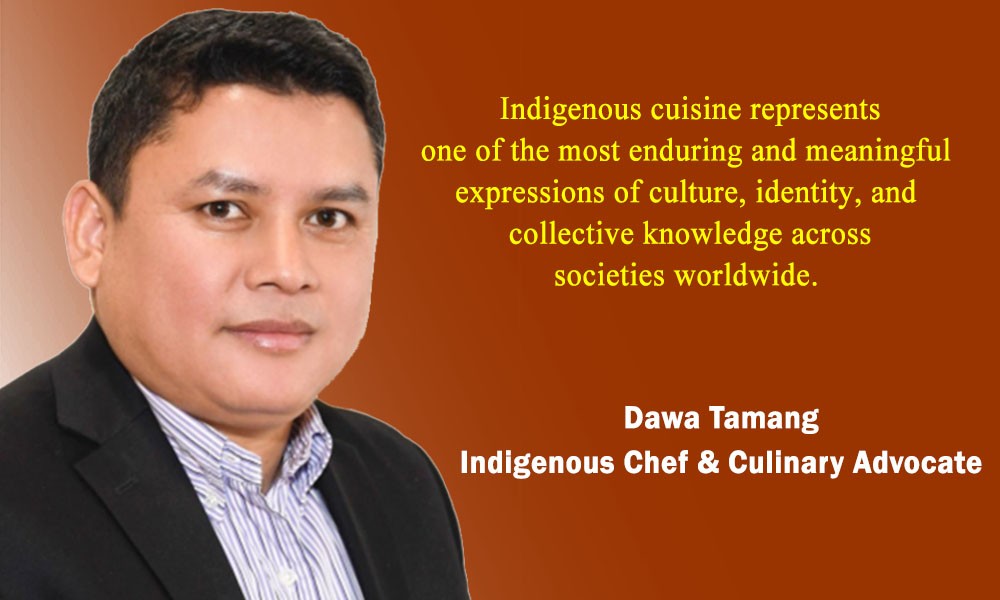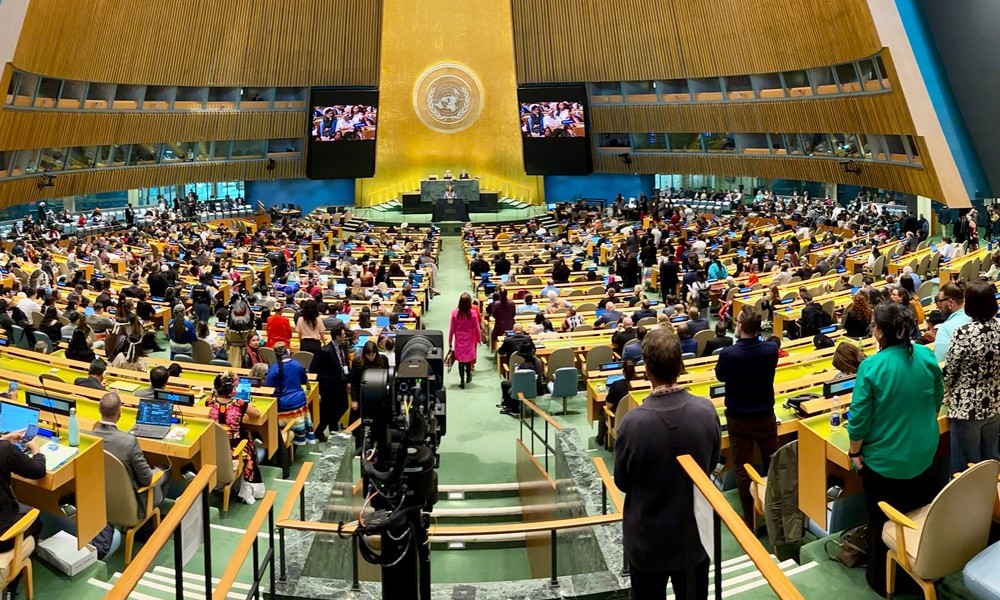Surendra Chaudhary, Coordinator, United Democratic Tharuhat Front
Surendra Chaudhary has experience of helping constitution drafting process within and outside the country. He is also politically conscious, vocal and active. He has led a UNDP project to help Nepal's constitution drafting process for seven years, and has worked in Liberia as a consultant to facilitate the African nation's constitution drafting process. Besides, he has served at a World Bank project to formulate grant strategies for indigenous communities' social protection and development. At the same time, he is also working as a coordinator of United Democratic Tharuhat Forum. Krishna Raj Sarbahari interviewed Chaudhary for Indigenous Voice with the help of Bunu Chaudhary Tharu. Here are excerpts:
What is your take on public feedback on the draft constitution?
Only two days were allotted for collecting public feedback on the draft constitution, which was not enough in any way. Consequences of suspending several clauses of the Rules of Procedure of the Constituent Assembly (CA) to fast-track the constitution drafting process will be negative, and they have already stated to surface. The new constitution was required to address resentment growing among the marginalized and excluded communities. But it has, in fact, created new conflicts.
It looks like the major political parties want to pass the new constitution by allowing just minor revisions. Do you think the new constitution will last if they do not address concerns raised by the people?
If you see early indicators, the new constitution is going to fail. The way the new constitution is being fast-tracked will only create trouble and tension. Some political leaders are saying this is the best draft. But even the 1990 constitution was dubbed as the world's best constitution.
What do you have to say about the new constitution sans names and boundaries of federal provinces?
It is unfortunate that political leaders want to bring the new constitution without federating the country. It is a ploy to prolong political transition and run the country with the same old laws. But I would really like to thank the Madhesi people for raising their voice against the new constitution that does not have names and boundaries of federal provinces.
It is unfortunate that political leaders want to bring the new constitution without federating the country. It is a ploy to prolong political transition and run the country with the same old laws.
What do you want to say about delineating provinces in the Far West as coordinator of United Democratic Tharuhat Front?
Emancipation of the Tharus is not possible within the unintegrated Far West province. We do not want integration of Kailali and Kanchanpur, which are dominated by the Tharus, with the unitegrated Far West province.
The draft constitution has classified the Tharus as a distinct community. Do you think this is an achievement of the Tharuhat movement?
Yes, the Tharus have been classified as a distinct community, and the Tharus seem proud of it. But this is not all we want. Does it ensure our emancipation? or our development? It is an act of cheating. Like the Madhesi, we also have to descend on the streets.
So, how has the draft constitution failed to address the agendas of indigenous people, Madhesi and Dalit?
A writ petition was filed in the Supreme Court (SC) in 2009, seeking indigenous peoples' meaningful participation in the constitution drafting process in line with the International Labor Organization (ILO) convention-169. Acting upon the writ, the SC instructed the secretariat of the Constituent Assembly (CA) to address these issues. The SC alo sent reminders to the CA in 2010, 2012 and 2013. Unfortunately, the SC's reminders were ignored.
So, what can be done now?
Tharu-Madhesi and Hill-indigenous people should now launch a joint compaing against the ruling parties. But our existing leadership cannot dare to go to that extent. If every one agrees on my name, I can take the lead. We need a new political force to opposed the status-quoist political parties.


